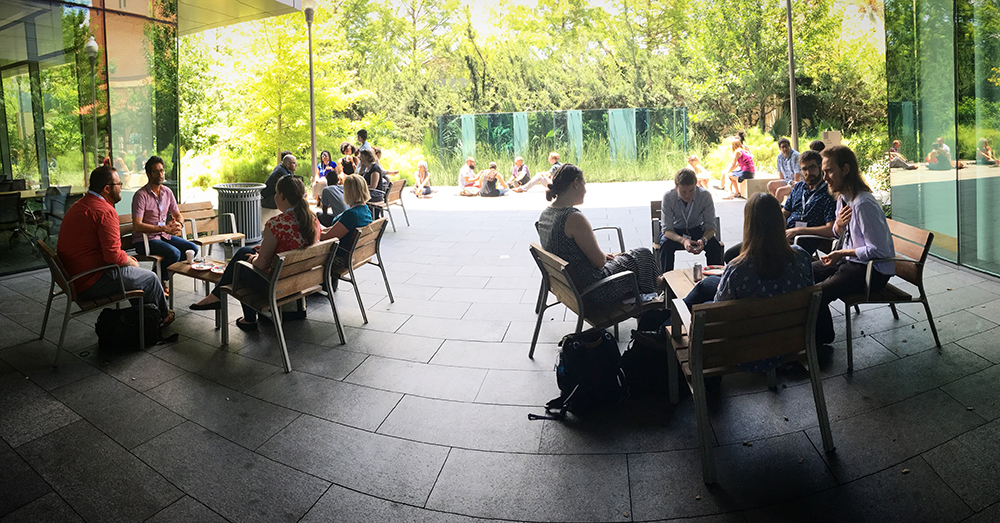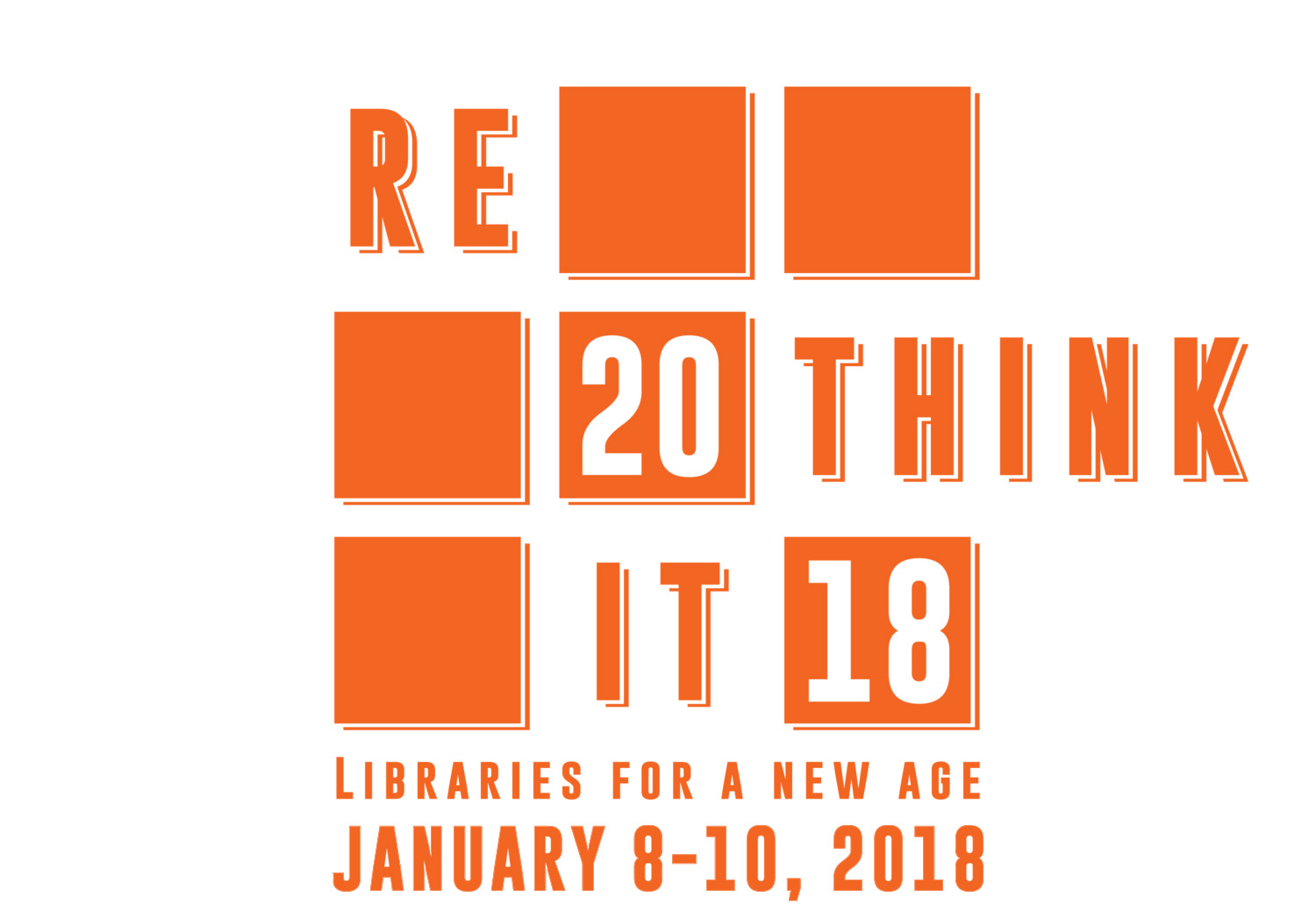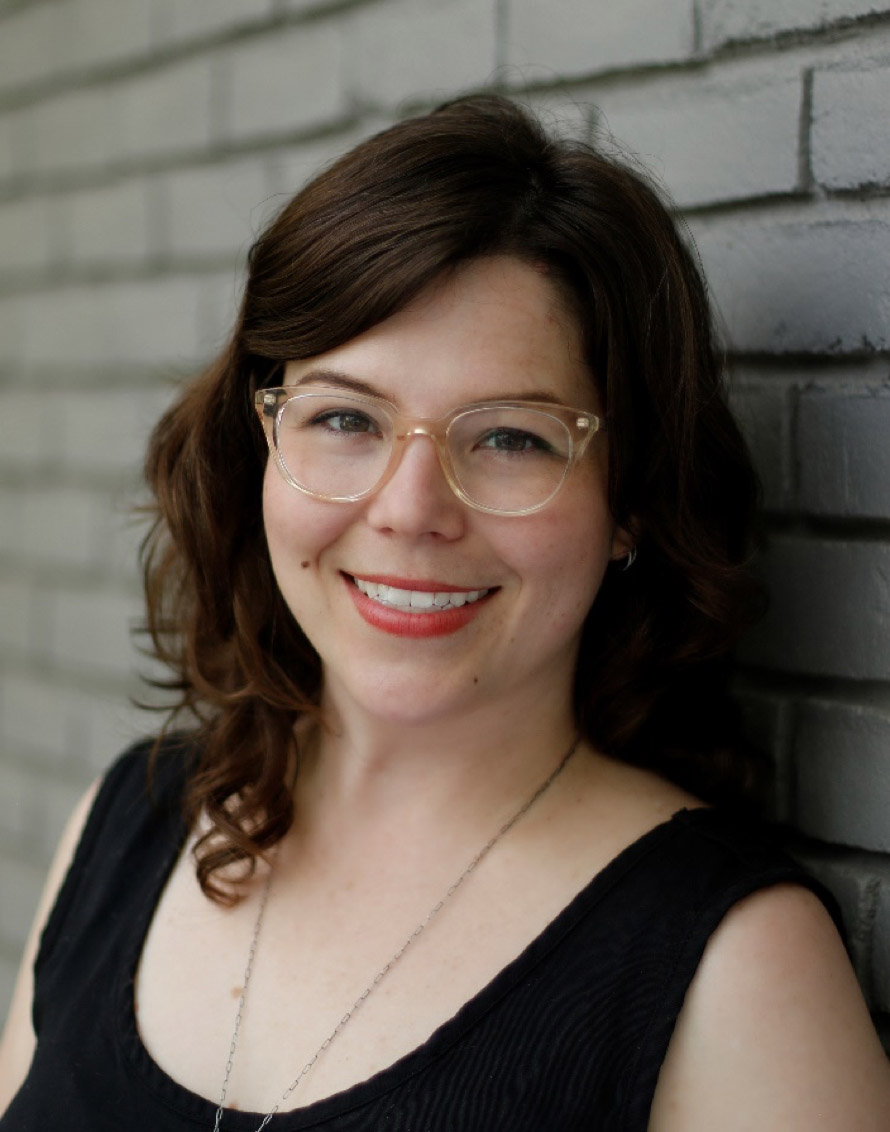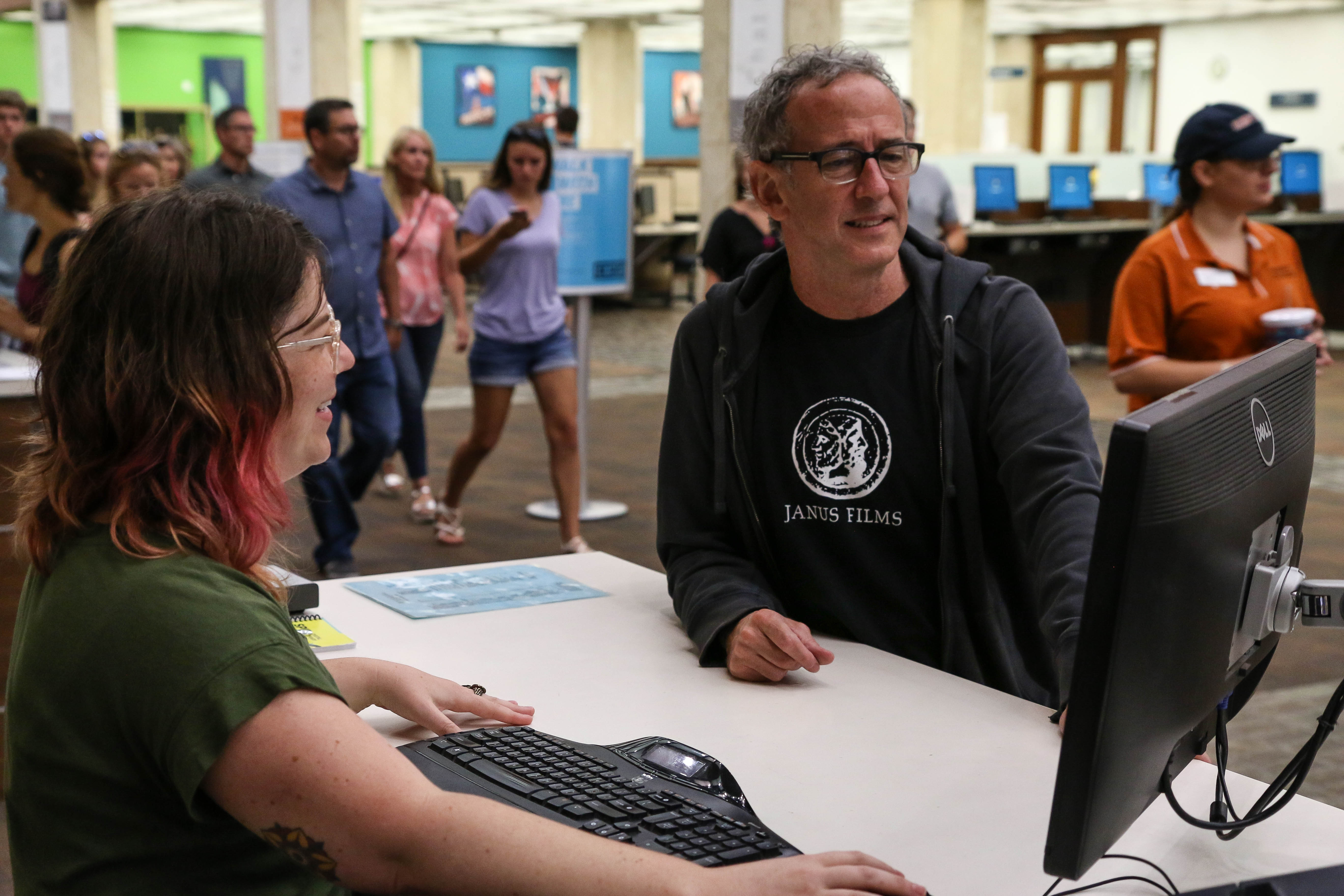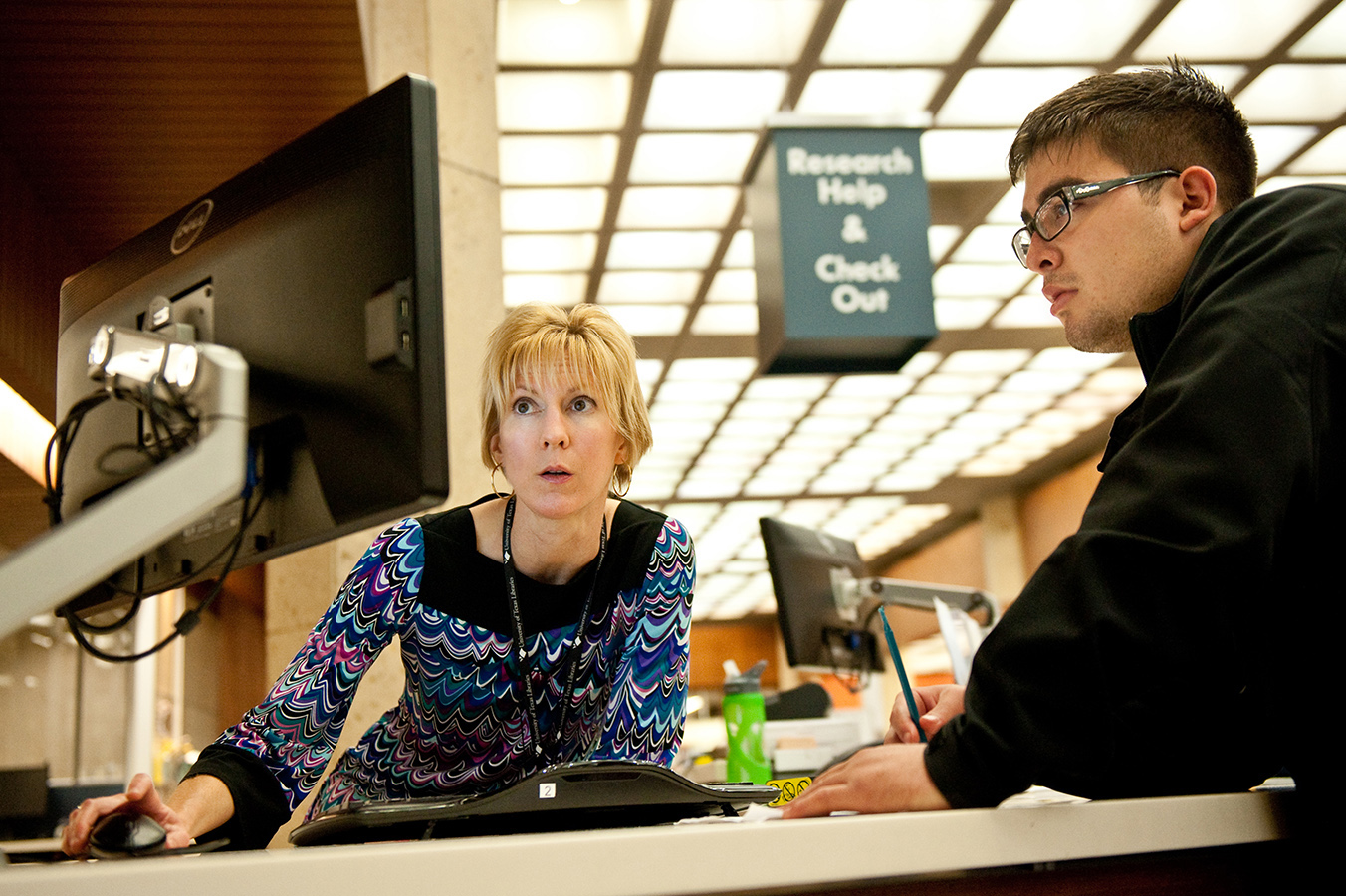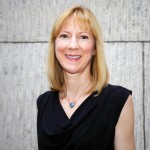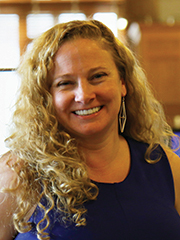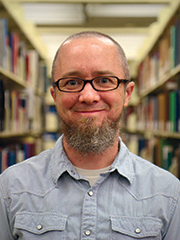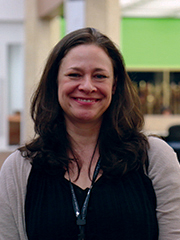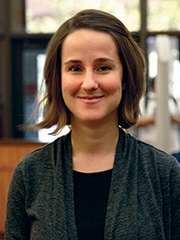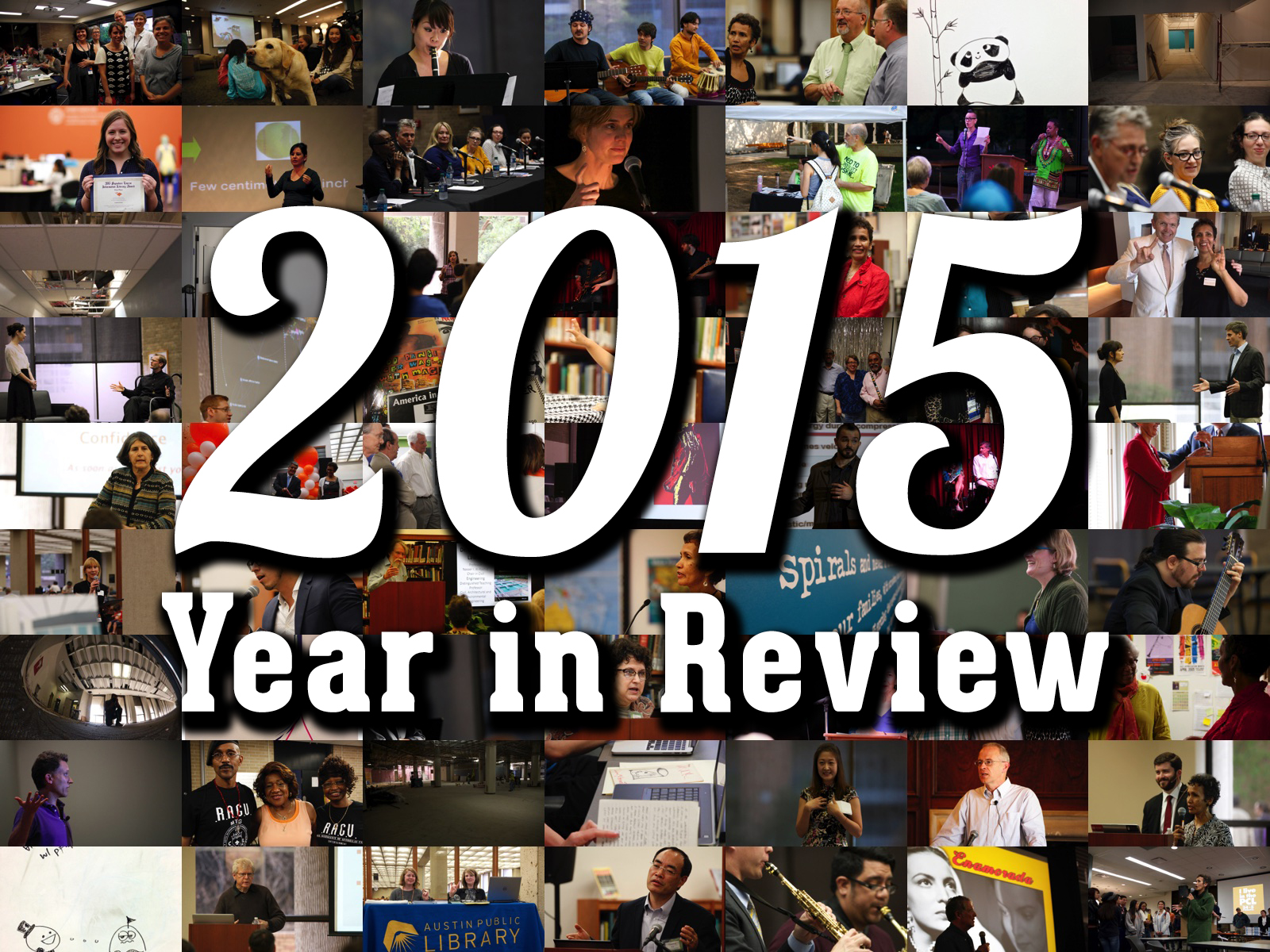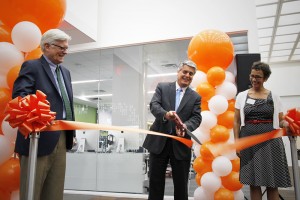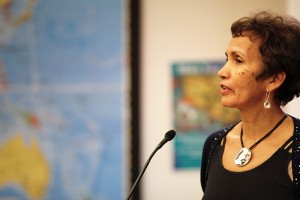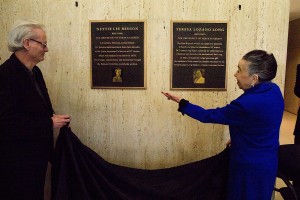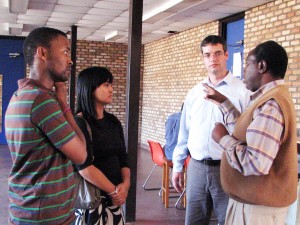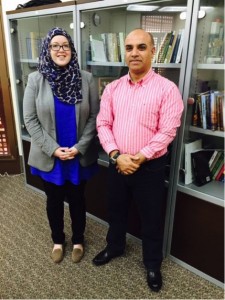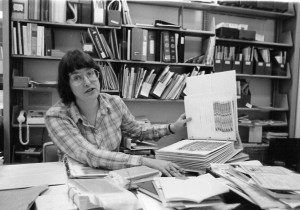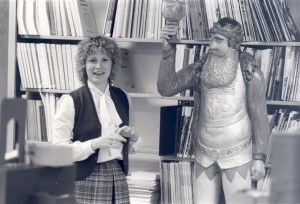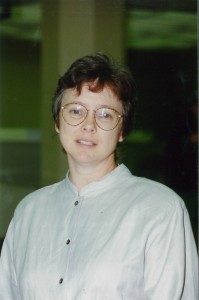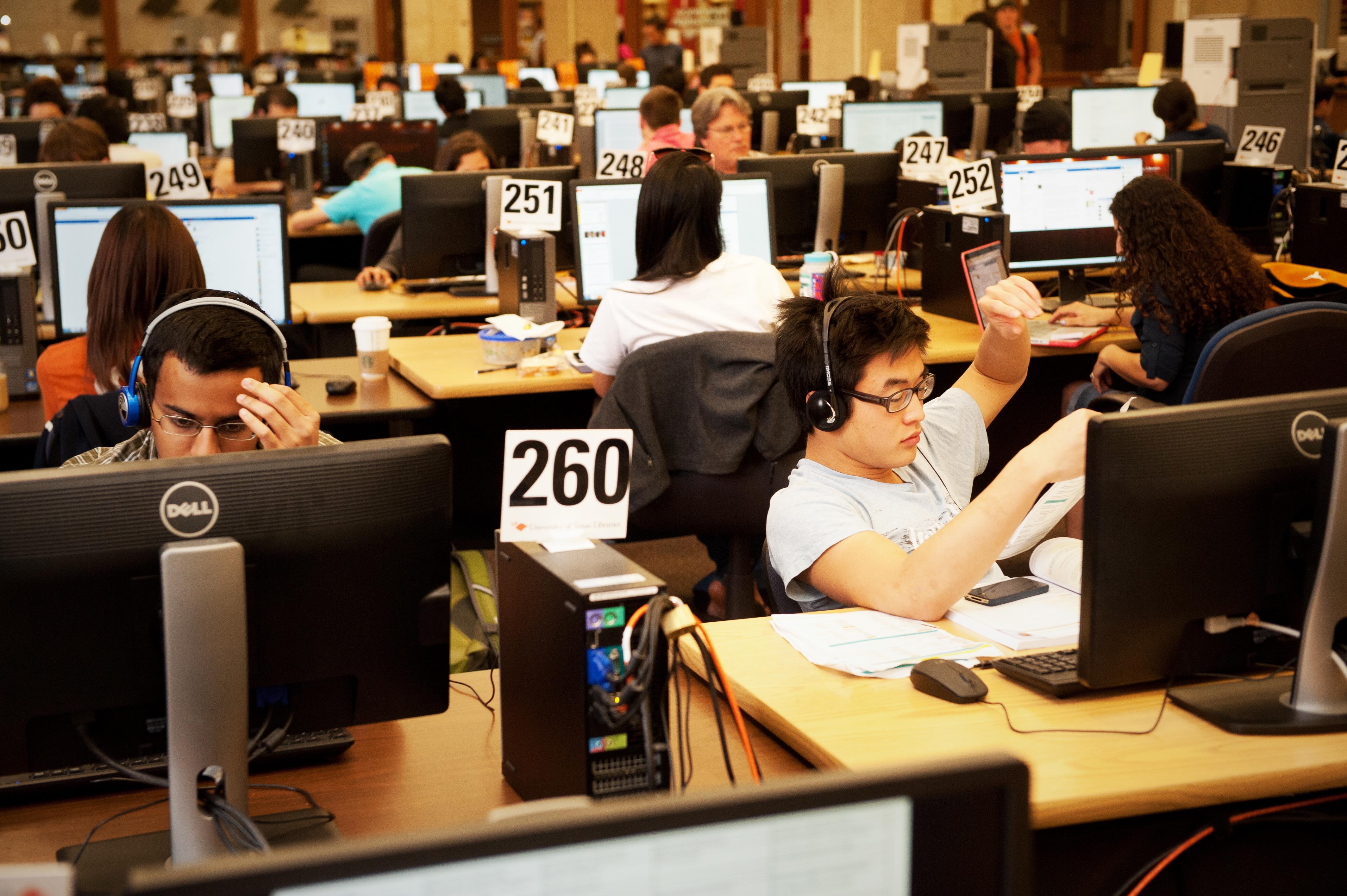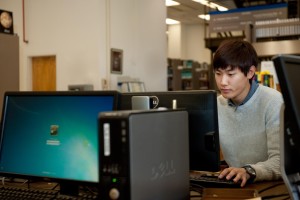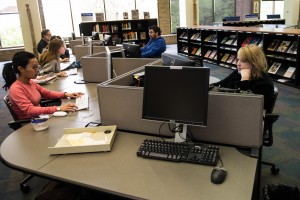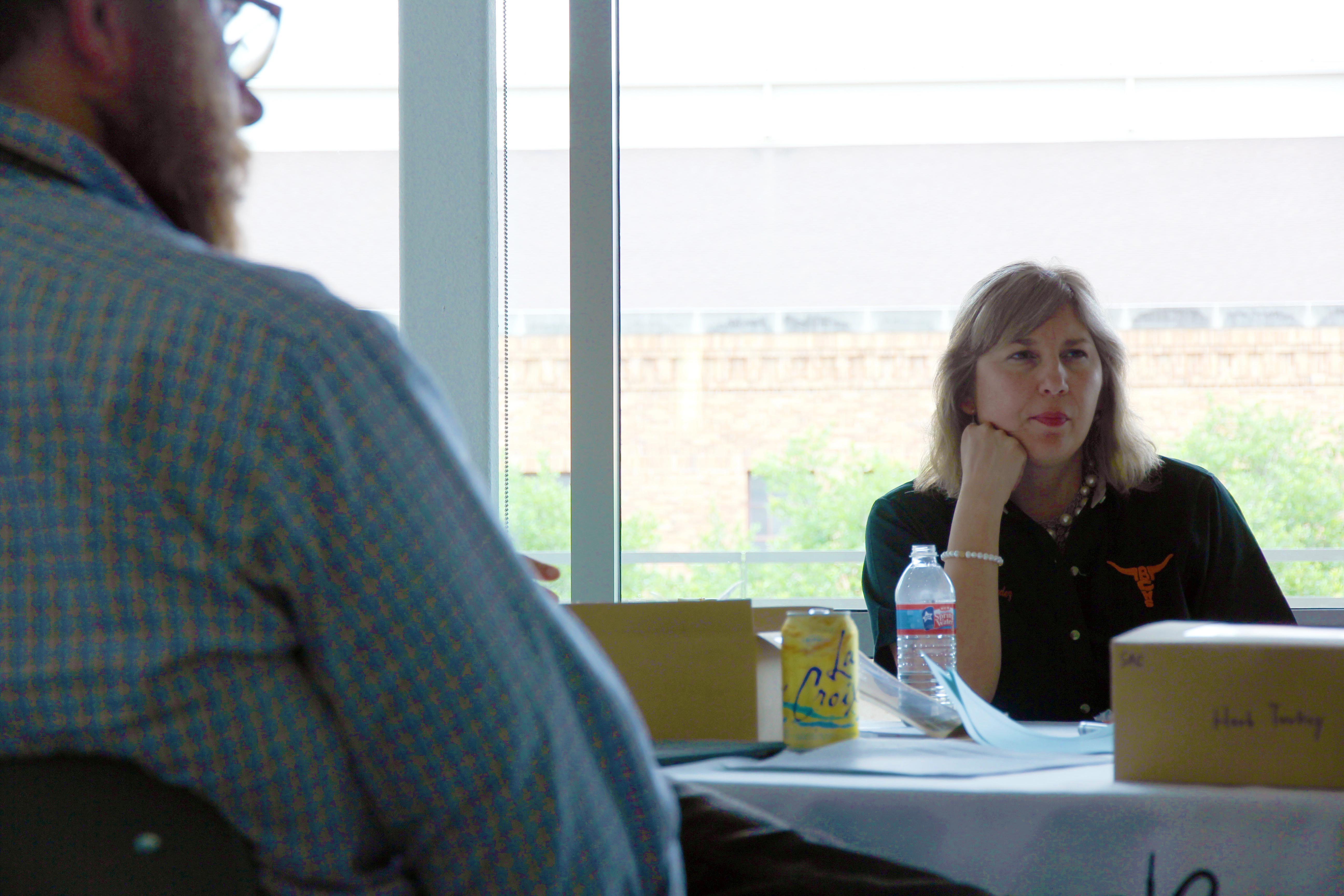Sunny June weather welcomed a lively group of 126 faculty, graduate students, and information professionals to the University of Texas Austin campus for HILT – Humanities Intensive Learning + Teaching. HILT is an annual week-long Digital Humanities (DH) training institute for researchers, students, early career scholars, and cultural heritage professionals.
“HILT is awesome! It’s like nerdy summer camp for adults, and you actually learn things that are useful for your professional life,” one HILT participant in the course Introduction to the Text Encoding Initiative (TEI) for Historical Documents states.
In its 5th edition, HILT 2017 offered eight immersive Digital Humanities training courses on tools and methodologies including Scalar, Python, text analysis, Text Encoding Initiative (TEI), audio machine learning, and crowdsourcing. Courses were led by 11 expert guest instructors, hailing from institutions across the United States, such as University of Delaware, Emory University and the University of Southern California Libraries. Participants each enrolled in one course of their choice and dove in for four intensive days of learning. The PCL Learning Commons and the College of Liberal Arts’ Glickman Conference Center served as classroom space.
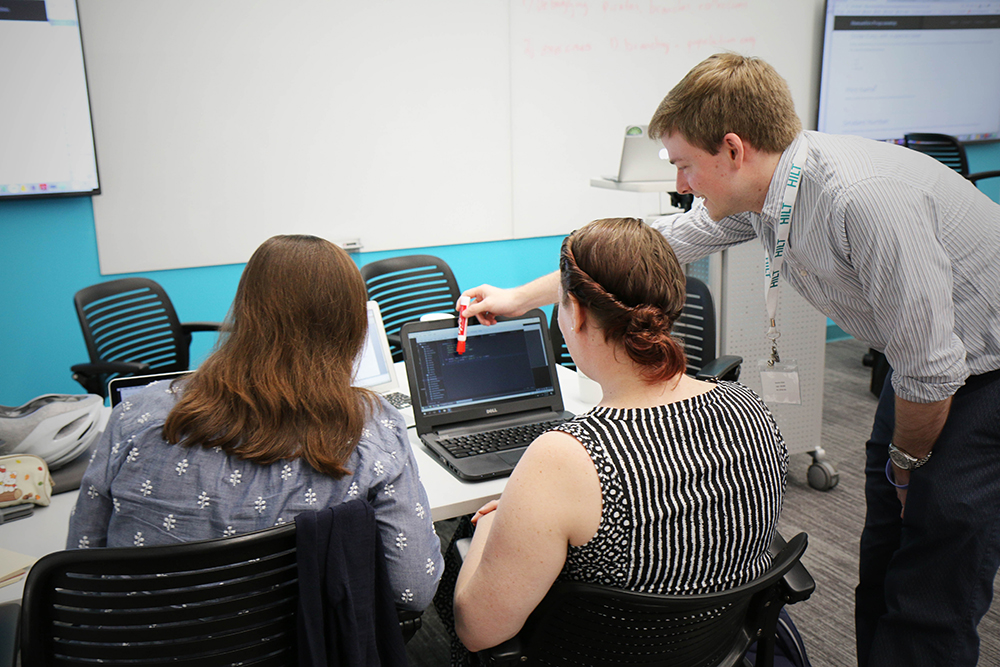
“I really like the format of an intensive class,” a participant in HILT’s Text Analysis course reported. “It is different than other conferences I’ve attended where you go to hour-long sessions and someone presents on a project they did. I also found the instructors and participants to be extremely knowledgeable.”
UT Libraries staff partnered with School of Information and Department of English faculty to plan the 2017 institute in collaboration with HILT Co-Directors, Trevor Muñoz and Jennifer Guiliano. Combined with the expert DH knowledge of the course instructors, the team successfully executed the largest HILT institute yet, and participants shared an enthusiastic response.
“[The Black Publics in Humanities: Critical and Collaborative DH Projects] course has been one of the most enriching experiences of my professional life. Grateful for the work of these folks,” says HILT participant Casey Miles (Assistant Professor in the Writing, Rhetoric & American Cultures department at Michigan State University).
“HILT helped me learn real skills, make real connections, and plant seeds for a new path in research and teaching,” said one attendee. “It was the most valuable professional development work I’ve done since I filed my dissertation a decade ago, hands down.”
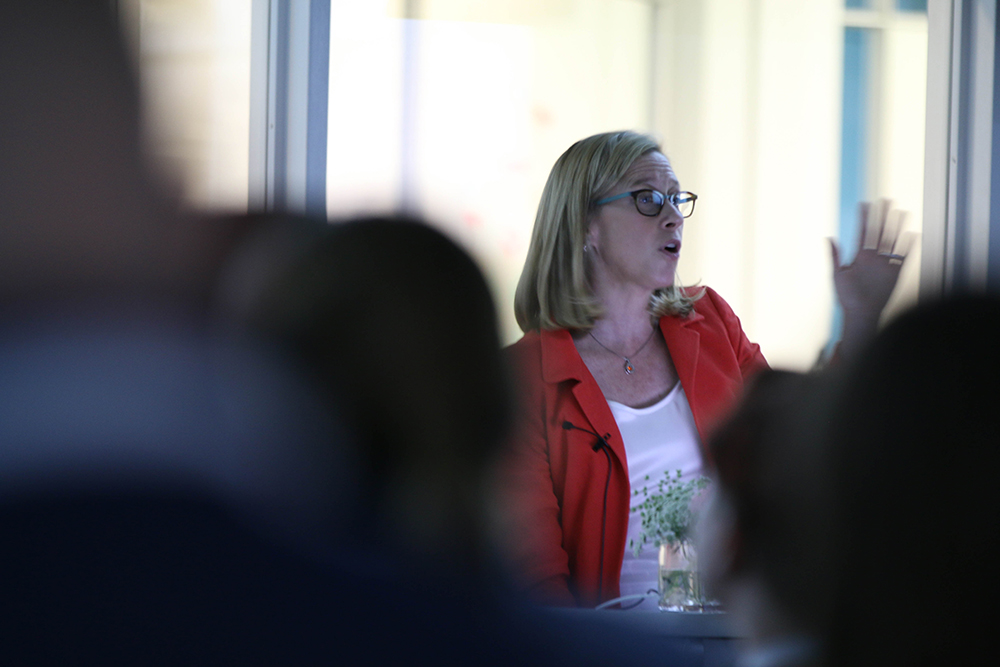
Daily coursework was balanced with additional learning opportunities. Day one of HILT was activated by a keynote address from UT Austin Provost Maurie McInnis. Provost McInnis shared insights on the importance of digital humanities work through her own research experience. Mid-week, HILT participants shared their research insights with each other through lively 5-minute Ignite Talks.
To facilitate networking platforms for this diverse group of participants, UT Libraries staff organized evening dine arounds at favorite local restaurants, and the UT Libraries and the Dolph Briscoe Center hosted social receptions. Participants were also invited to engage in UT Austin’s Cultural Campus through organized activities, including sunset viewing of James Turrell’s The Color Inside: A Skyspace, and specialized tours at the Blanton Museum of Art, Harry Ransom Center, and LBJ Presidential Library.

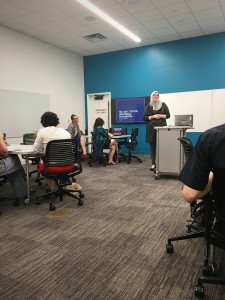
UT Libraries was pleased to sponsor nine staff to attend HILT. Following the institute, a summer series, coordinated by the UT Libraries Digital Scholarship department, provided a venue for staff participants to share insightful overviews of what they learned in their courses.
One summer series session featured UT Libraries staff Beth Dodd, Christina Bleyer, and Susan Kung presenting on their Collaboration for Complex Research: Crowdsourcing in the Humanities HILT course experience. New insights will be applied to projects such as “Digitizing and Crowdsourcing the oversize Garcia Metadata” in the Benson Special Collections. Another session featured Dale Correa, who described TEI challenges with non-English, non-Roman languages as discussed in the Introduction to the Text Encoding Initiative (TEI) for Historical Documents course.
The well-attended summer series informed a broader understanding of DH techniques among Libraries staff, fueled momentum for HILT-inspired projects, and generated a desire for additional training.
“I learned so much, especially to not be afraid of learning. It was phenomenal. I can’t imagine not returning every year for new courses,” shared a participant in the HILT course Getting Started with Data, Tools and Platforms.
Among all 2017 HILT participants, 98% say they will recommend HILT to a friend or colleague. With new and similar courses offered each year, many participants plan to return in 2018 and beyond. Next summer HILT will be hosted at the University of Pennsylvania from June 4-8, 2018. For updates on future learning opportunities, follow the HILT Twitter: @HILT_DH.
HILT Participants traveled across the continent to attend the institute. See a Carto map of participant locations here: HILT Participant Map.
More photos from HILT:
Article contributed by Jenifer Flaxbart and Hannah Packard.

